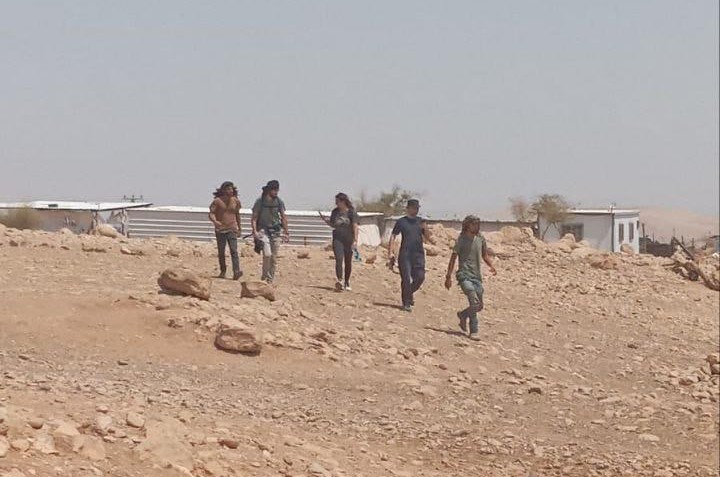RAMALLAH, May 7, 2011 (WAFA) – Friday’s protests in Syria were the common story of the three Palestinian dailies published Saturday.
The front page story in Al-Quds, as well as the second top front page story in Al-Ayyam and Al-Hayat Al-Jadida covered news from Syria highlighting the number of people killed in the “Friday of Challenge.”
Al-Ayyam’s top front page story had the headline: “Who is the next Palestinian prime minister?” While the paper did not answer this question directly, it did, however, say that Salam Fayyad seems to be the most favored person to head the government of technocrats.
The paper quoted unnamed official Palestinian source as saying that Fayyad remains the most favored choice for many people, including circles in Fatah, even though other names had been floating around such as Jamal Khudari, independent lawmaker from Gaza, or Munib Masri, an independent businessman and a multimillionaire.
The top front page story in Al-Hayat Al-Jadida had to do with Israel’s efforts to prevent a European recognition of the Palestinian state in September. “Israel’s spikes fail to change the European position regarding the Palestinian state,” said the headline.
The European Union’s 85 million euros aid to the Palestinian Authority and Cyprus decision to raise the status of the Palestinian Authority’s representative office to delegation were also on the front page of the dailies, in addition to a story about the weekly anti-fence, anti-settlements protests in West Bank villages.
The editorial in Al-Quds was critical of Germany’s policy toward the Palestinian issue. Under the headline, “This is not what the Palestinians expect from Germany,” Al-Quds wrote that “Germany’s position regarding the recognition of the Palestinian state … was disappointing to the Palestinian people because, simply, it does not support a real peace process.”
It said that even though Palestinians appreciate Germany’s economic support for the Palestinian Authority. Germany should have played a more effective role in the political process to find a just solution to this conflict.
It said that the Palestinians still expect that Germany would support Palestinian diplomatic efforts to establish their state on only 22% of historic Palestine and not to encourage the right wing radical parties in Israel to expand settlements at the expense of this small area.
Al-Quds op-ed piece by Azzam Al-Ahmad discussed the reasons that led to the Palestinian reconciliation. He said that it was wrong to assume that the changes in the Arab world were behind the Palestinian reconciliation, stressing that the agreement was not sudden as some have said. He said that there was not an agreement in four years because some Palestinian parties, influenced by regional powers, did not want reconciliation. Now, the intentions have changed and therefore it was possible to reach an agreement.
Abdul Nasser Al-Najjar, an editor with Al-Ayyam and head of the Palestinian Journalists Syndicate, wrote in his weekly column in the opinion page of his newspaper that a conflict between Fatah and Hamas had almost sabotaged the reconciliation agreement. He said that when the PA refused to allow Hamas supporters to march in Nablus on Thursday to celebrate the agreement, Hamas in Gaza responded by preventing Fatah members of its Revolutionary Council from leaving Gaza to Ramallah.
He said it took an intervention from the Egyptians to correct this issue, wondering if such small issues require high level interventions and time, what will happen when the more critical matters, such as naming the prime minister and cabinet ministers, come up.
M.A.










